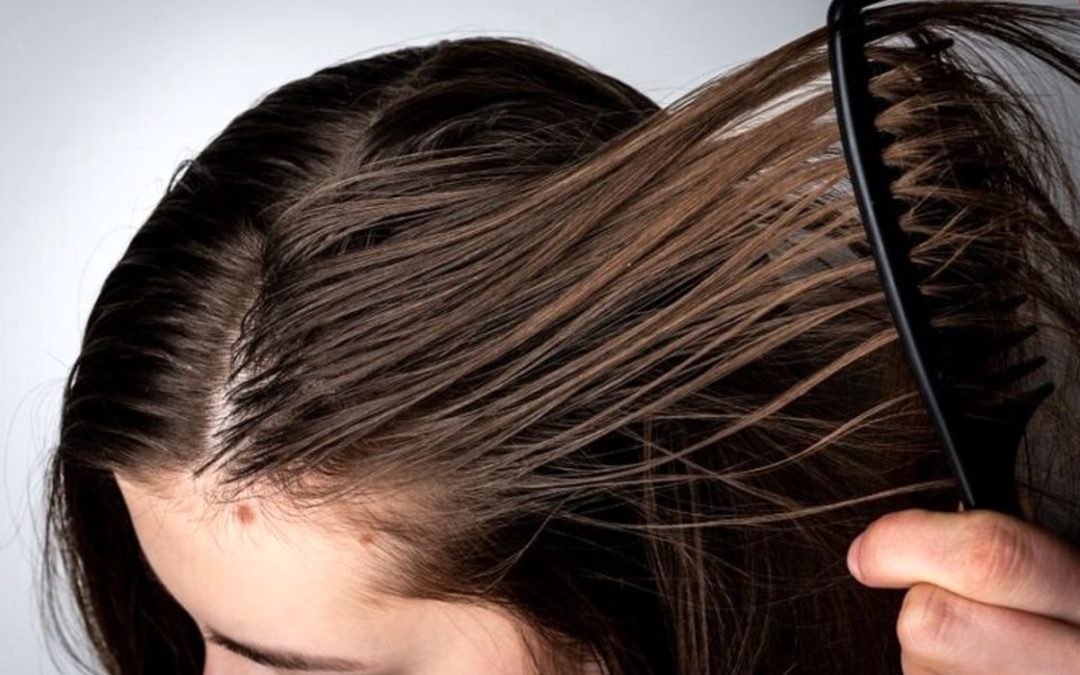Oman today_ Excessive hair oiliness can result from a combination of internal and external factors. From overactive sebaceous glands to genetics, stress, an unhealthy diet, and even improper hair-washing habits, all of these can cause the scalp to produce more oil than necessary. Below, we explore the main reasons behind oily hair.
Sebaceous glands, the natural producers of sebum, play a key role in hair oiliness. Sebum is a natural oil that supports the health of the scalp and hair, keeping hair soft, flexible, and protected from dryness and environmental factors. Problems arise when these glands become overactive and produce an excessive amount of sebum, resulting in greasy and heavy hair.
Genetics also influence scalp oiliness. If your parents have oily hair, you are more likely to experience the same condition. However, heredity is not the only factor; hormonal fluctuations during life stages such as puberty, pregnancy, or menstrual cycles can also increase sebum production. A hormone called dihydrotestosterone (DHT) is a major trigger for sebaceous glands and plays a significant role in excessive hair oiliness.
Emotional state and stress can also contribute to oily hair. When you are under stress, the body releases cortisol, the so-called stress hormone, which directly stimulates sebaceous glands and increases sebum production. Therefore, periods of high stress in work or daily life can directly make your hair oilier.
Hair-washing routines and daily habits also play an important role. Frequent washing, especially multiple times a day, removes the scalp’s natural oils, prompting sebaceous glands to produce more sebum to compensate. Washing with hot water exacerbates the problem by drying and irritating the scalp, leading to increased compensatory oil production.
Proper washing technique is equally important. When shampooing, gently massage the scalp with your fingertips, avoiding scratching or pressing with nails. The main focus should be on the scalp rather than the hair shafts. Additionally, rinsing with lukewarm or cool water can help close hair cuticles, keeping hair shiny and healthy.
Adopting new habits can also help reduce hair oiliness. Managing stress through yoga, meditation, deep breathing, and getting sufficient quality sleep can lower cortisol levels, thereby reducing sebum production. A proper diet is crucial as well; minimizing fast food, fried foods, and refined sugars while increasing intake of foods rich in B vitamins and zinc—such as eggs, leafy greens, and legumes—can help regulate sebaceous gland activity.
One of the simplest ways to reduce oiliness is to minimize touching your hair. Each time you touch your hair, oils and dirt from your hands are transferred to the scalp and strands, and excessive brushing spreads natural scalp oil more quickly.
Maintaining clean hair tools is also essential. Combs and brushes should be washed at least once a week with mild shampoo or soap to remove sebum and residues. Pillowcases should also be changed regularly, at least once a week, as accumulated sebum and hair products can transfer back to the scalp, potentially causing breakouts or irritation.

